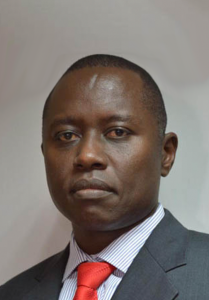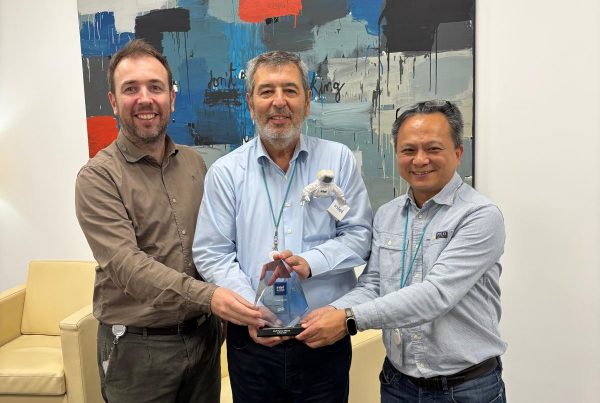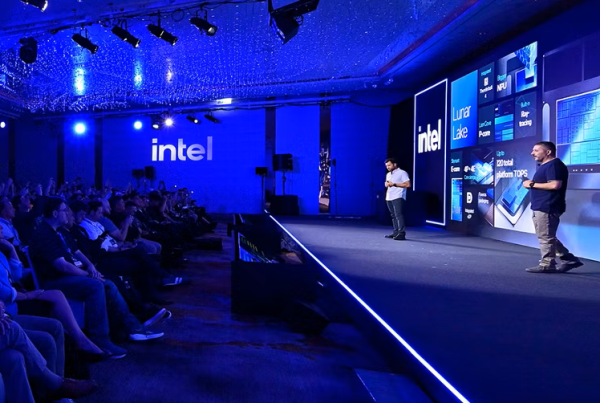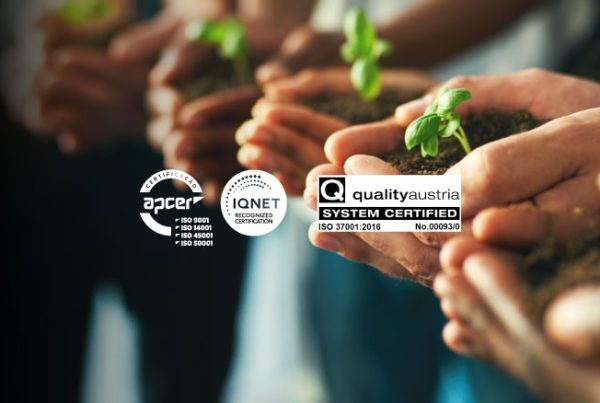To what extent do you consider the integration of technology in education important?
It is very very important. I think technology is a very big equalizer. We have seen it in our markets in terms of financial inclusion and access to government services. I think in emerging markets where infrastructure and other services are not very developed, technology can help us to leapfrog, to jump, to catch up with where we need to be, and therefore I think technology in education is also the same thing. It reduces the cost of delivery of educational content, and at the end of the day, the focus of any technology in education project is enhancing learning. So, I think if you apply technology properly, you can enhance learning because you can have access to content.
You now, nowadays the teaching methods have to change. Children now are seeing that they want because they are used to so much information and they are becoming very sharp at a very early age.
You need to change the way you teach them, so you need to give them a platform that they are able to access as much information as they can because they have the capacity and that is what they are demanding now. Is not the way we were teaching before, so through technology, you can be able to engage students much better and therefore you enhance the learning outcomes.
In the context of ICT integration in education, what are the most pressing needs today?
I think it is the inequality in terms of the delivery of education, so I think, by using technology, we can ensure consistency.
In terms of the content, it would be consistent, in respective of whether you are in the remotest part of the country or in the best urban school. So, I think one of the things it will bring about is consistency in terms of educational content and, of course, delivery is dependent on the teacher, but, of course, if you have good materials, even an average teacher using good materials is better than a good teacher with no materials. Therefore, I think it will enhance the learning outcomes.
How can events, such as the Oporto African Forum, contribute to boosting ICT integration and boosting digital literacy?
I think that the forum brings together quite a number of people, both people who have done these projects before, people who are in the industry (they are suppliers), people who are potential partners and people who are doing projects like we are in Kenya. So, I think in these kinds of forums we are able to share our knowledge with each other and therefore be able to tap into that network of people to get help.
So for example, in education, it is needed an ecosystem of people who are interconnected. What happens is that if you have an issue with a project in one country, you can tap into that network to get help to solve that same problem. So for example when we were doing our project, we had some global supply chain issues of key components and we tapped into that network to push from different directions and we were able to actually resolve some of our problems.
Therefore, in the same way, I think the forum is able to bring people together and they are able to share their experiences, they are able to learn from each other and then ICT integration will be enhanced and digital literacy will be boosted in all the countries that participated.

Robert Mugo is the Director in charge of Shared Services at the ICT Authority.
He has over 21 years’ experience in which his roles have included Chief Technical Officer at Wananchi Group, Chief Information Officer at Safaricom, CEO at Flashcom, TechnicalDirector at UUNET and Head of Technical Operations at Africa Online Group. He has also held senior positions in industry bodies including the Telecommunications Service Providers of Kenya (TESPOK), the Telecommunications Network Operators Forum (TNOF) and Africa CDMA Forum (ACF).
He holds an MBA in Strategic Management and a B.Sc. degree in Electrical Engineering, both from the University of Nairobi. He is also an alumnus of the Pan African Advanced Management Programme jointly run by IESE Business School, Strathmore Business School and Lagos Business School.




